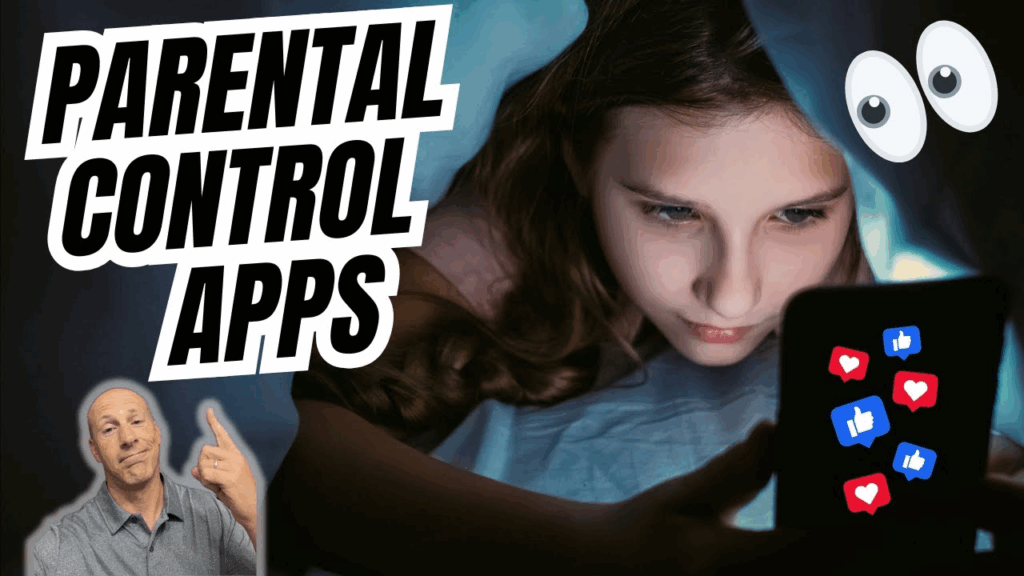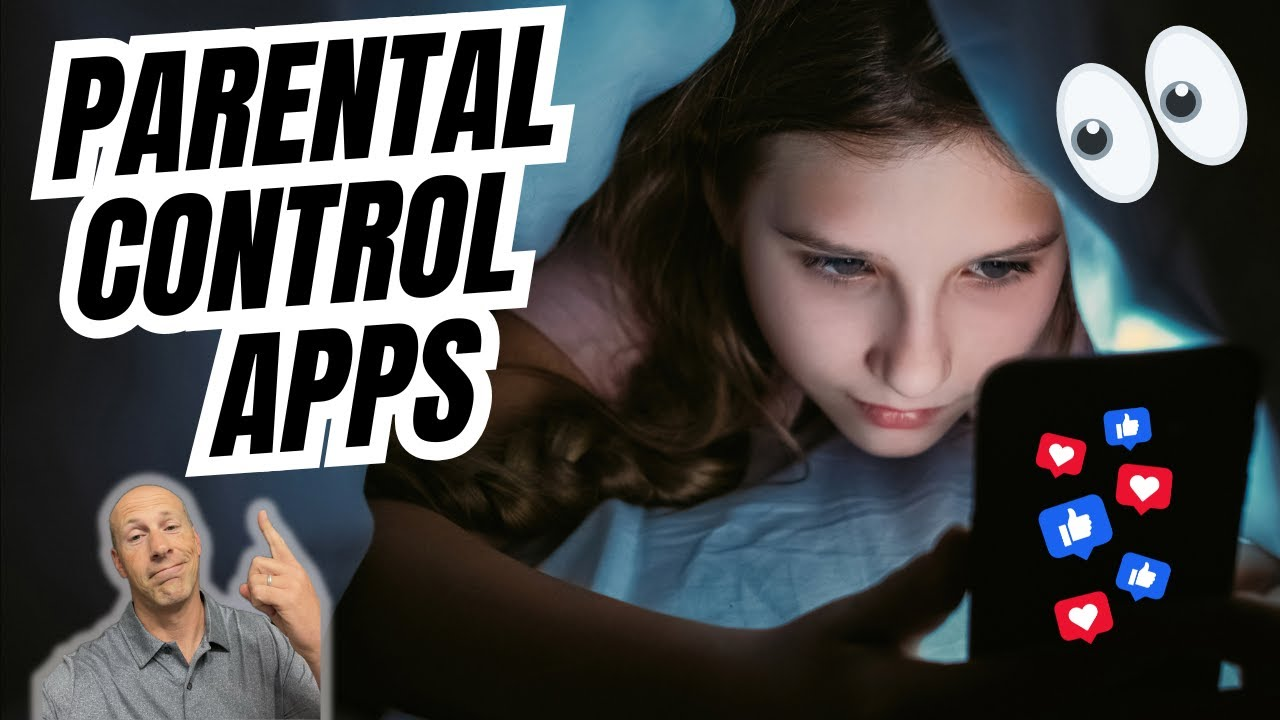
In a world where children are exposed to digital devices from an early age, ensuring their safety online has become a top priority for parents. From inappropriate content to screen addiction and cyberbullying, digital risks are everywhere. Fortunately, parental control apps help parents strike a balance between freedom and protection by monitoring usage, setting boundaries, and keeping kids safe while they explore the online world.
This article explores the best parental control apps every parent should know, their unique features, pros and cons, and how to choose the right one for your family.
Why Parental Control Apps Are Essential
With the internet being both a powerful learning tool and a potential source of harm, parental control apps serve multiple purposes:
- Content Filtering: Block age-inappropriate websites, apps, and videos.
- Screen Time Management: Set limits on how long kids can use devices daily.
- App & Game Monitoring: Keep track of app downloads and in-app purchases.
- Location Tracking: Ensure safety by knowing where your child is in real-time.
- Cyberbullying Prevention: Monitor messages and social media activity for harmful interactions.
Best Parental Control Apps for Parents
1. Qustodio
Qustodio is one of the most popular parental control apps with a simple dashboard for monitoring children’s online activity.
- Features: Screen time limits, content blocking, YouTube monitoring, location tracking.
- Pros: User-friendly, works across multiple devices.
- Cons: Advanced features can be expensive.
2. Net Nanny
Renowned for its powerful content filtering, Net Nanny provides real-time alerts when harmful sites are accessed.
- Features: Dynamic content filtering, screen time scheduling, app management.
- Pros: Strong filter system and intuitive design.
- Cons: Slightly higher subscription cost.
3. Bark
Bark focuses on social media and messaging monitoring, making it ideal for parents of teens.
- Features: Monitors 30+ platforms, detects harmful content, alerts for cyberbullying and sexting.
- Pros: Great for teens, effective at spotting dangers early.
- Cons: Limited in-app blocking and screen time features.
4. Family Link by Google
A free tool designed for Android and Chromebook users, Google Family Link is a simple solution for younger children.
- Features: App approval, screen time limits, activity reports, location tracking.
- Pros: Free, integrates seamlessly with Google accounts.
- Cons: Limited for iOS and lacks advanced monitoring.
5. OurPact
Known for its flexibility, OurPact allows parents to schedule device-free times to encourage balance.
- Features: App blocking, location tracking, family locator, daily limits.
- Pros: Excellent for scheduling routines.
- Cons: Some features available only in premium plans.
6. Kaspersky Safe Kids
A budget-friendly choice with strong security features.
- Features: GPS tracking, app management, YouTube search monitoring, battery tracker.
- Pros: Affordable and effective.
- Cons: Interface is not as polished as competitors.
Table: Comparison of Top Parental Control Apps
| App Name | Key Features | Best For | Price Range |
|---|---|---|---|
| Qustodio | Screen limits, location, content block | All-round monitoring | $$ (Mid–High) |
| Net Nanny | Dynamic filtering, app control | Strong content protection | $$$ (High) |
| Bark | Social media monitoring, alerts | Teens & online safety | $$ (Mid) |
| Family Link (Google) | App approval, daily limits | Younger kids, Android users | Free |
| OurPact | App blocking, schedules, GPS | Families with routines | $$ (Mid–High) |
| Kaspersky Safe Kids | GPS, YouTube monitoring, affordable | Budget-friendly monitoring | $ (Low–Mid) |
Overview Table
| Need / Concern | Recommended App | Why It Works |
|---|---|---|
| All-round safety | Qustodio | Balanced features across devices |
| Strict content filtering | Net Nanny | Best for blocking inappropriate sites |
| Social media and chats | Bark | Detects harmful content and bullying |
| Younger kids & free option | Google Family Link | Simple, effective, free for parents |
| Routine and schedules | OurPact | Great for bedtime, homework limits |
| Budget-conscious families | Kaspersky Safe Kids | Affordable yet effective |
Tips for Parents Before Choosing an App
- Know Your Child’s Age and Needs – Younger children need simple monitoring, while teens require more social media oversight.
- Consider Your Devices – Some apps work better with Android, others with iOS or Windows.
- Balance Privacy with Safety – Involve your child in the process to avoid trust issues.
- Test Free Versions – Many apps offer trial versions to see what works best for your family.
- Update Rules Regularly – As children grow, adapt the level of monitoring accordingly.
Striking the Right Balance
Parental control apps are not about spying—they are about guiding kids toward responsible tech use. When combined with open communication and trust, these apps become powerful tools to create a safe and healthy digital environment for children.
By choosing the right app based on your child’s age, digital habits, and your family’s lifestyle, you can ensure they reap the benefits of technology without falling into digital pitfalls.
3 Quick FAQs
Q1. Which parental control app is best for teens?
Bark is best suited for teens as it monitors social media and messaging apps effectively.
Q2. Are free parental control apps reliable?
Yes, apps like Google Family Link are reliable for basic monitoring, but advanced features may require paid options.
Q3. Can parental control apps track location in real-time?
Yes, most apps like Qustodio, OurPact, and Kaspersky Safe Kids provide GPS tracking for child safety.

